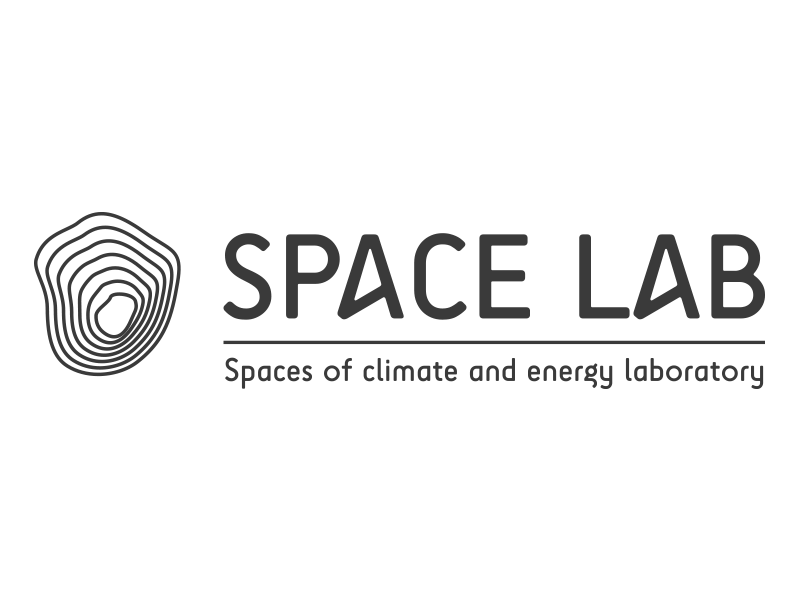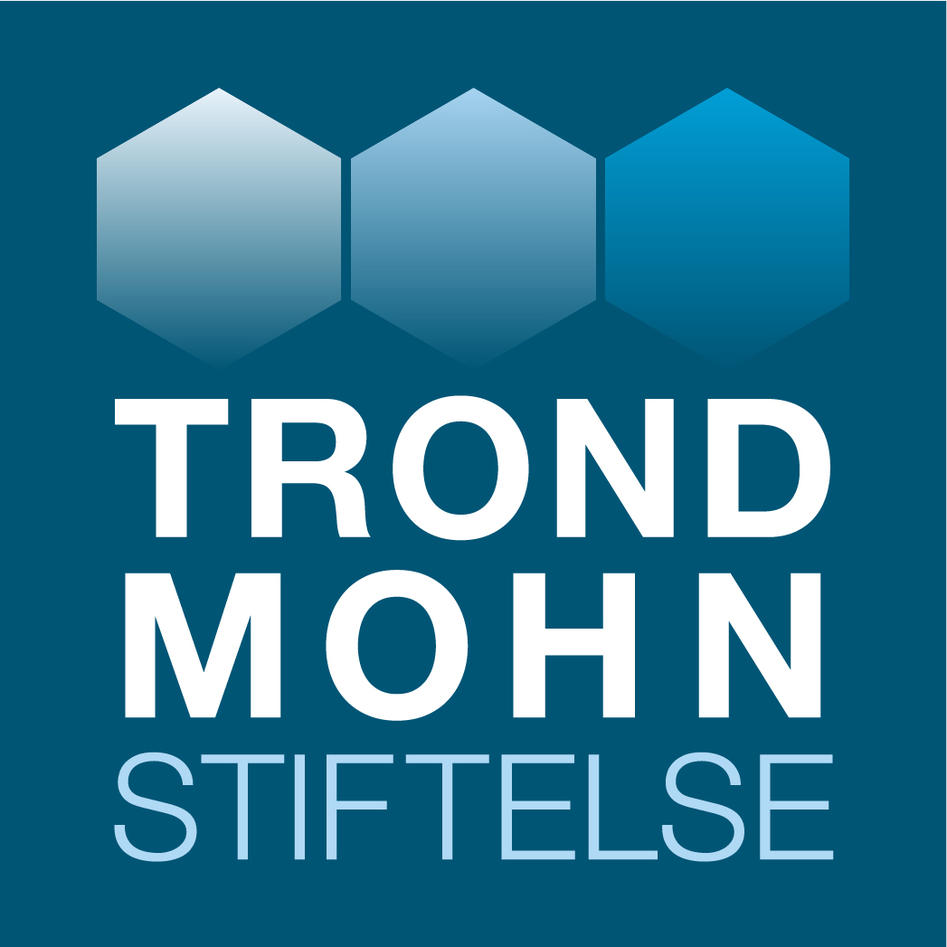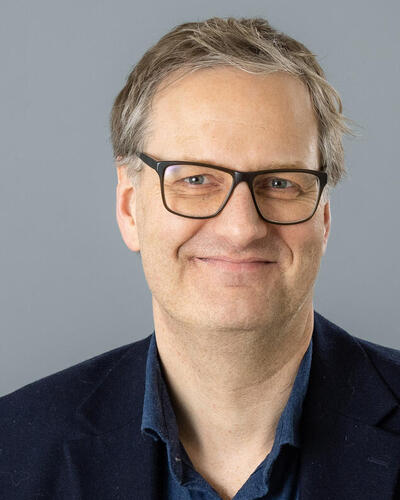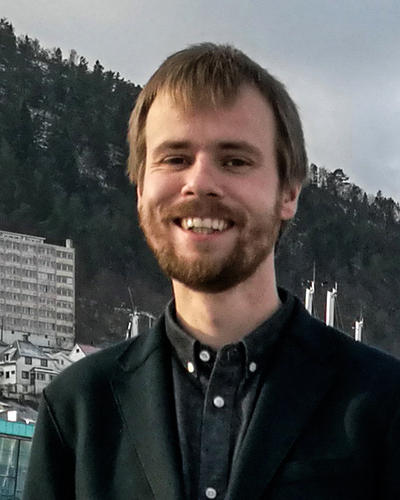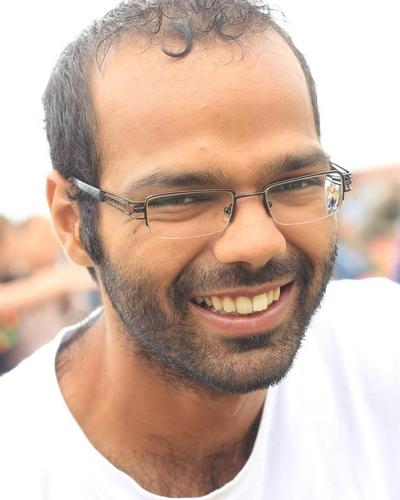European cities as actors in climate and energy transformation
Trond Mohn Foundation, 2016-2020

Main content
Background and rationale
The starting point of this project is that cities – urban-level politicians, planners and citizen groups – should to a greater extent be recognized as critical actors in climate and energy transformations. For years, the focus on climate change responses has been on national states. But around 70% of total energy use takes place in cities, and since the world is rapidly urbanizing, this is expected to grow. The way cities are planned and built is a key determinant for energy consumption and CO2 emissions. By planning for more compact urban geographies, cities enable more sustainable practices and lifestyles.
It seems increasingly recognized that cites have an emerging role in climate and energy governance. This new governance role is certainly recognized by cities themselves. Urban governments are mobilizing inter-city networks to develop responses to energy and climate challenges (e.g. C40, Energy Cities). In Europe, the multi-level governance of the European Union has opened new governance spaces for cities. It appears that inter-city networks are important for which ideas planners and policy-makers are working with locally.
However, it is unclear why and how particular urban sustainability ideas catch on, why certain cities adopt sustainable policies and initiatives, and how abstract policy ideas are translated to the context of specific cities. On-going research indicates that urban infrastructures and built environments pose significant constraints for policy makers and planners. In other words, policy ideas and models circulating in inter-city policy networks have to be translated in innovative ways when urban governance actors attempt to adopt them in particular cities. This process is highly political and often contested. It is also poorly understood. In turn, the project seeks answers to two interrelated research questions:
(RQ1) What role are European inter-city networks and organisations playing in promoting sustainable urban energy policies?
(RQ2) How can we understand the processes of translation between abstract trans-urban policy discourses and the materiality of the built environment in particular cities?
Theoretical perspective
In order to understand the role European cities are having and can have in climate and energy transformations we need to theoretically grasp the interrelations between trans-urban networks and concrete urban geographies. With this research agenda we aim to overcome a division between two different strands of existing research on cities and sustainability.
There is one strand, quite influential in human geography at the moment, looking at the trans-urban exchange of policy ideas and models within inter-city networks and trans-urban knowledge circuits (McCann, 2011; Peck, 2011). The focus in this strand of theorizing is on the agency of cities in networks and the exchange of policy ideas about cities. The other strand relevant to our research agenda, quite separated from the first, focuses on the path-dependencies and inertia of urban geographies. There is a well-documented link between urban form and greenhouse gas emissions (VandeWeghe & Kennedy, 2007), indicating the physical shape of cities conditions the behaviour of residents as well as the options available to change that behaviour. Several theoretical perspectives, such as the socio-technical transitions literature (Geels, 2011) or Unruh’s (2000) “carbon lock-in” draw attention to how infrastructures and built environments enable existing technological systems to benefit from economies of scale, and thereby block competing systems even if their design may be superior. Made relevant to cities, this suggests that the role of cities in low-carbon transitions is to rethink the large and small decisions through which the urban infrastructures and the built environment are created.
These two literatures focus on two critical aspects of urban governance in relation to climate and energy transformations – the transurban policy networks on one hand and the inertia of the existing geographies of cities on the other. In this project we will integrate these two strands and overcome the divisions between them. We argue that cities have to be analysed both as agents and as sources of geographical inertia if we are to understand the conditions for sustainable energy transformations in Europe.
Methodological approach
Our methodological approach is to trace the urban policy process from the circulation of ideas at a European and trans-urban scale to their embeddedness in particular urban contexts. We are drawing on a scale-based approach (e.g. Haarstad, 2014), which analyses the interrelations between various geographical dimensions of society, usually conceptualized as the urban, national and international scales. In this project we are examining three scales; the European institutional scale, the scale of inter-city networks, and the scale of cities themselves. We also draw inspiration from Peck and Theodore’s (2012) “follow the policy” approach.
First, we will focus on the circulation of policy initiatives and ideas at the European and trans-urban scales (RQ1). We will look at different types of networks focused on generating action with energy-related aspects of transport and planning. Empirical research for RQ1 will examine how cities engage in these networks, how they communicate and pick up policy ideas and initiatives, and why some ideas and initiatives become more popular than others, and how power relations are worked out. Data sources are qualitative interviews with participants, participant observation in meetings and conferences, and analysis of key policy documents.
Second, we will focus on how policy ideas from these networks are used and implemented in the cities themselves (RQ2). We select and conduct fieldwork in broad set of cities from across Europe with various degrees of involvement in European partnerships and networks. Empirical research for RQ2 will examine the politics of implementation of policy ideas in particular cities and how policy-makers, planners and other urban actors are manoeuvring to integrate abstract ideas into the materiality of the urban built environment.
Project team
The project team will consist of the Principal Investigator (Håvard Haarstad), two PhD fellows (Jacob Grandin and Kristin Kjærås), one full-time postdoc (Tarje Wanvik) and one associated postdoc (Siddharth Sareen).
